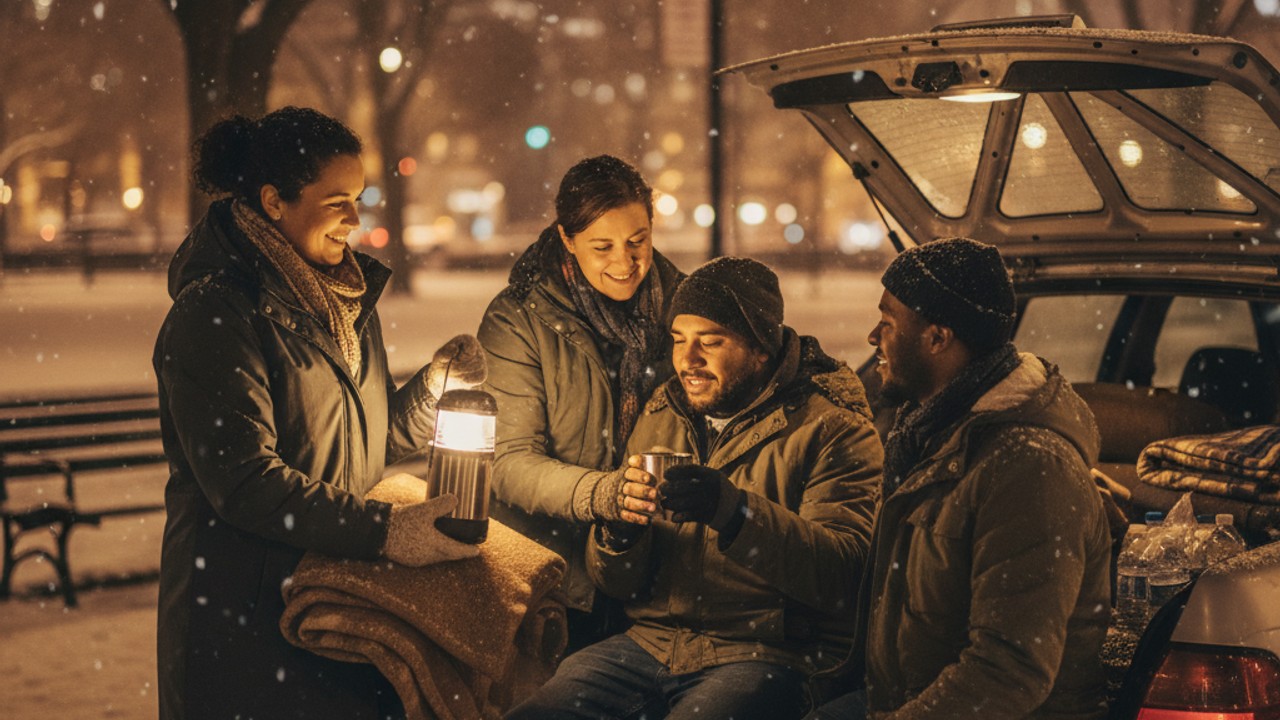On a cold January night a few years ago, a volunteer handing out blankets in a public park met Marcus, who had once been a construction foreman and was now living in his car. The volunteer sat, shared a thermos of coffee, and helped Marcus find a shelter bed and a job-readiness class the next week. That small act of connection set Marcus on a path out of the streets. Stories like his are why volunteerism and community service matter not just as charity but as lifelines.
Why this moment matters
Homelessness is not abstract. It affects neighbors, veterans, students, and families. According to the National Alliance to End Homelessness, economic pressures and housing shortages have driven increases in homelessness in many communities in recent years; their research hub lays out trends and local data you can explore at the source National Alliance to End Homelessness — Homelessness Statistics. The U.S. Department of Housing and Urban Development's point-in-time counts provide baseline measures as well — for example, HUD's reports and datasets going back to 2020 document the scale of the challenge and the need for sustained action HUD AHAR and PIT data.
Volunteerism, connection, and advocacy: how they work together
Volunteers are more than extra hands; they are connectors. When community members serve at shelters, street outreach teams, or drop-in centers they build trust that opens doors to services, housing, and health care. Organizations such as the Coalition for the Homeless in New York mobilize volunteers for outreach, legal clinics, and policy campaigns that change systems, not just circumstances.
Community service sparks social connection that reduces isolation and creates the social capital people need to rebuild. Advocacy turns individual compassion into policy change: zoning reform, rental assistance, and investments in supportive housing are what keep people from returning to the streets.
Simple, high-impact ways you can help
You do not need special training to make a difference. Start with one of these steps:
- Volunteer a few hours a month at a local shelter or outreach program; find vetted opportunities at VolunteerMatch.
- Support organizations doing systemic work, like the National Alliance to End Homelessness or local coalitions, with time or donations.
- Advocate for housing-first policies and local funding for affordable housing by contacting your city council and sharing constituents' stories with elected officials.
- Bring a hygiene or clothing drive to your workplace or faith community to meet immediate needs while connecting people to services.
"When someone sees you enough to bring them inside, they begin to believe that they are not invisible," a longtime outreach volunteer told a community paper — a reminder that presence is policy in everyday practice.
Where hope lives
Hope is not a substitute for systems change, but it fuels it. Volunteers and advocates help create the relationships and public will that make policy possible. If you want a concrete next step, visit the Coalition for the Homeless to learn about volunteer trainings Coalition for the Homeless, explore local opportunity listings on VolunteerMatch, and read policy recommendations from the National Alliance to End Homelessness so you can advocate from knowledge.
Take one small step today: sign up for a volunteer shift, share a verified resource with someone in need, or send an email to your representative asking for investment in affordable housing. When communities join hands and hearts, individual kindness becomes collective change.






